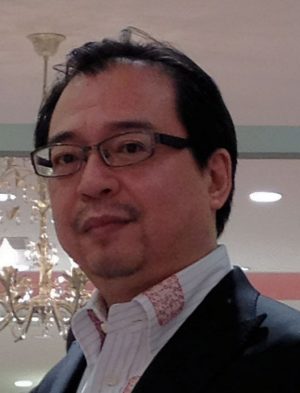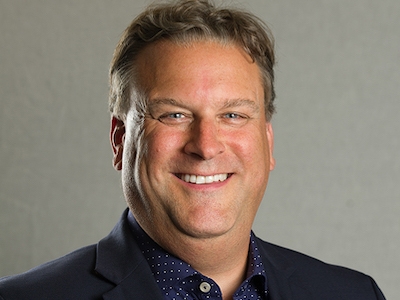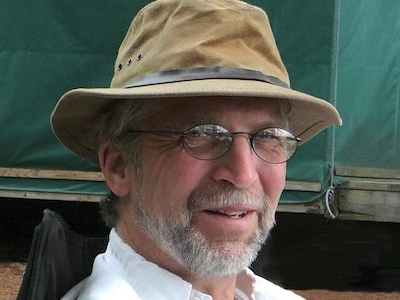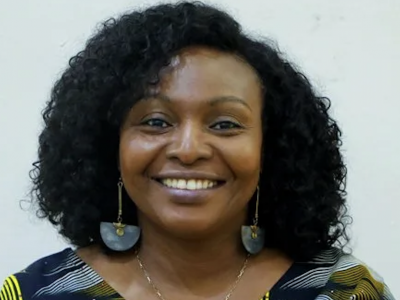 By Masayuki Deguchi.
By Masayuki Deguchi.
For many countries, the regulatory agency for nonprofit organizations is a single body, such as a government ministry, tax authority or commission.
Japan’s regulatory framework is the most complicated in the world. Here, there exist many kinds of laws for corporate entities, with multiple agencies involved in nonprofit regulation. School corporations, social-welfare corporations, public-interest corporations (PICs), medical corporations, specific nonprofit corporations, and others are regulated differently. Moreover, because accounting standards and regulations differ across such organizations, it is very difficult to conduct accounting accurately and comprehensively across the sector. Of these nonprofit entities, only PICs have been substantially authorized by the Public Interest Corporation Commission. Reform in 2006 was intended to encourage PICs to be more active, but that objective has not been attained. The culture among PICs has not changed. Given Japan’s very low interest rates, they continue to focus on preserving their endowments. As a consequence of this, for example, the response of Japan’s philanthropic sector to the COVID-19 pandemic has been meager – confined only to medical corporations.
In my opinion, unifying Japan’s nonprofit legal system is not realistic, even over several decades. But as a preparatory step, the nonprofit sector in Japan could and should strive toward a more collective identity as a third sector. Such a step, however, would require each of the separate types of entities acting co-operatively and collectively.
In 1994, a symposium entitled “The Emerging Civil Society in the Asia Pacific Community” was held in Osaka. That symposium triggered the creation of the Asian Pacific Philanthropic Consortium, which was short-lived, closing in 2011. But using its model, a new organization – say, the “Japan Philanthropic Consortium” – could be formed nationally to spearhead greater collaboration across a third sector. I take it as an encouraging sign that in recent years, the Osaka prefectural government has recently called for such collaboration and launched the Minto-Osaka Philanthropy Colloquium (MOPCOL).
Masayuki Deguchi is a Professor Emeritus with the National Museum of Ethnology and the Graduate University for Advanced Studies, in Japan. Deguchi is on LinkedIn. (Photo of Kyoto, Japan, is courtesy of Andre Benz and Unsplash.)
Click for next story in the Asia-Australia policy series.
Sign up for PANL Perspectives' free, monthly newsletter
Saturday, May 15, 2021 in Asia-Australia
Share: Twitter, Facebook



